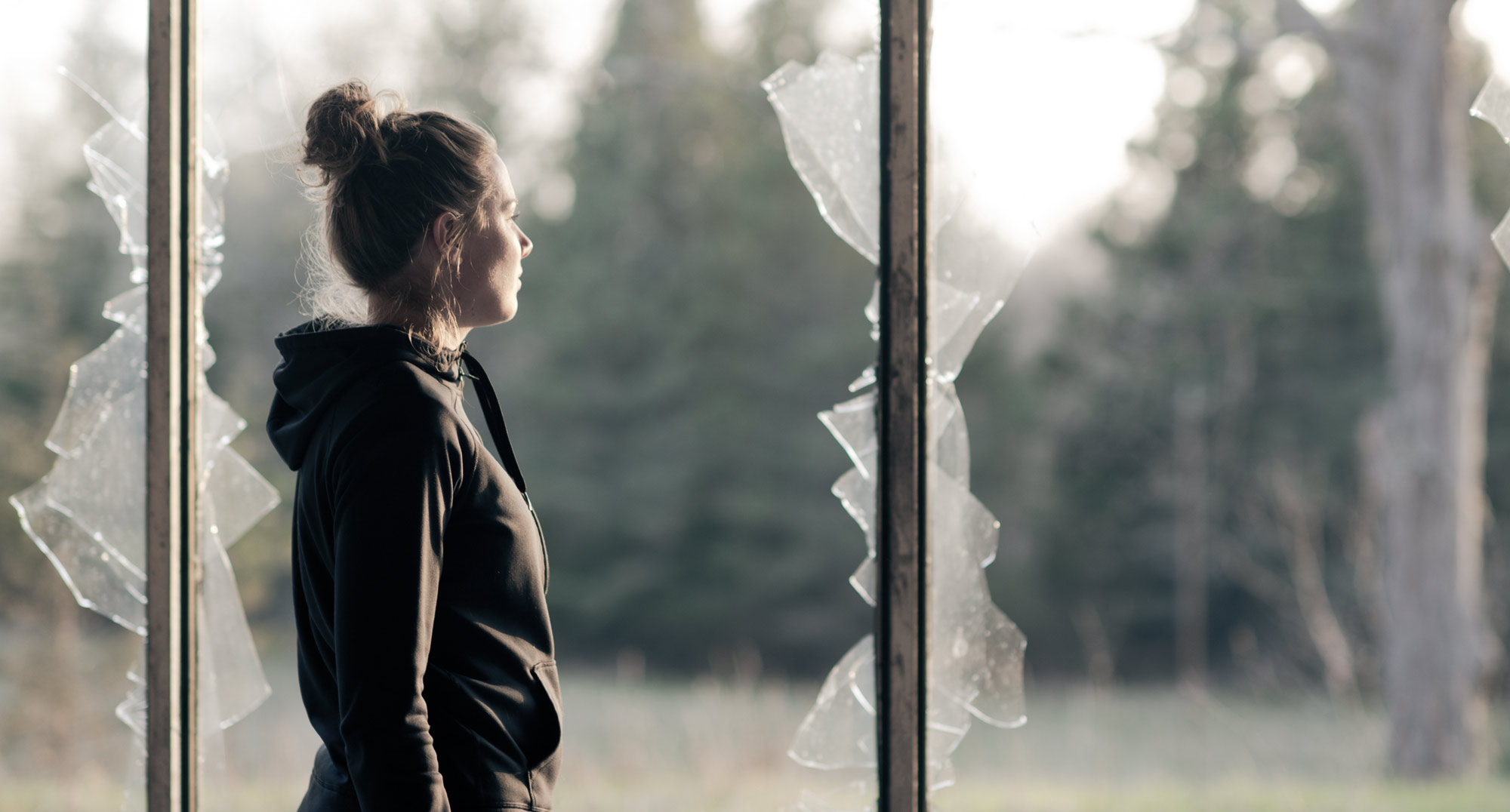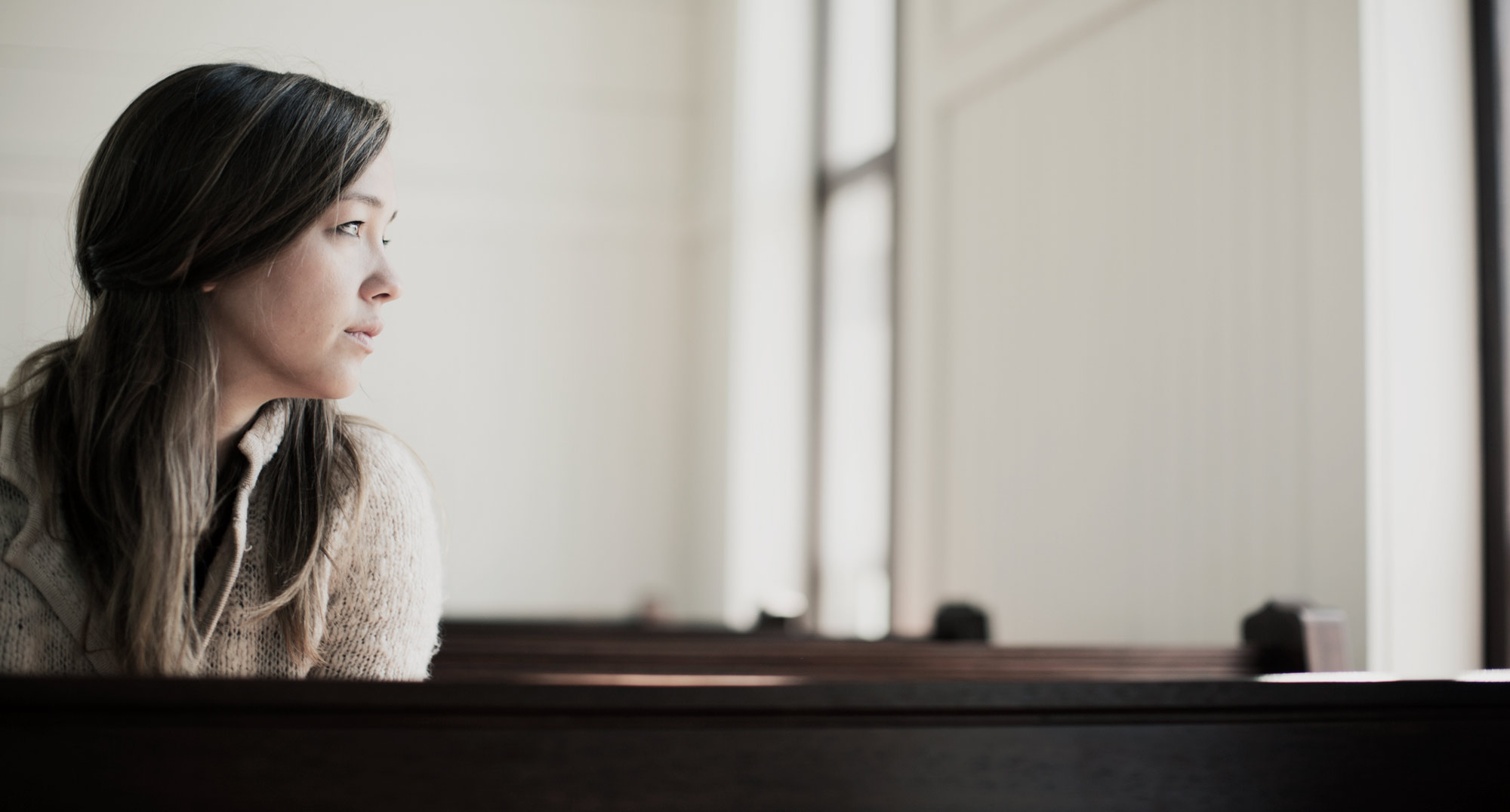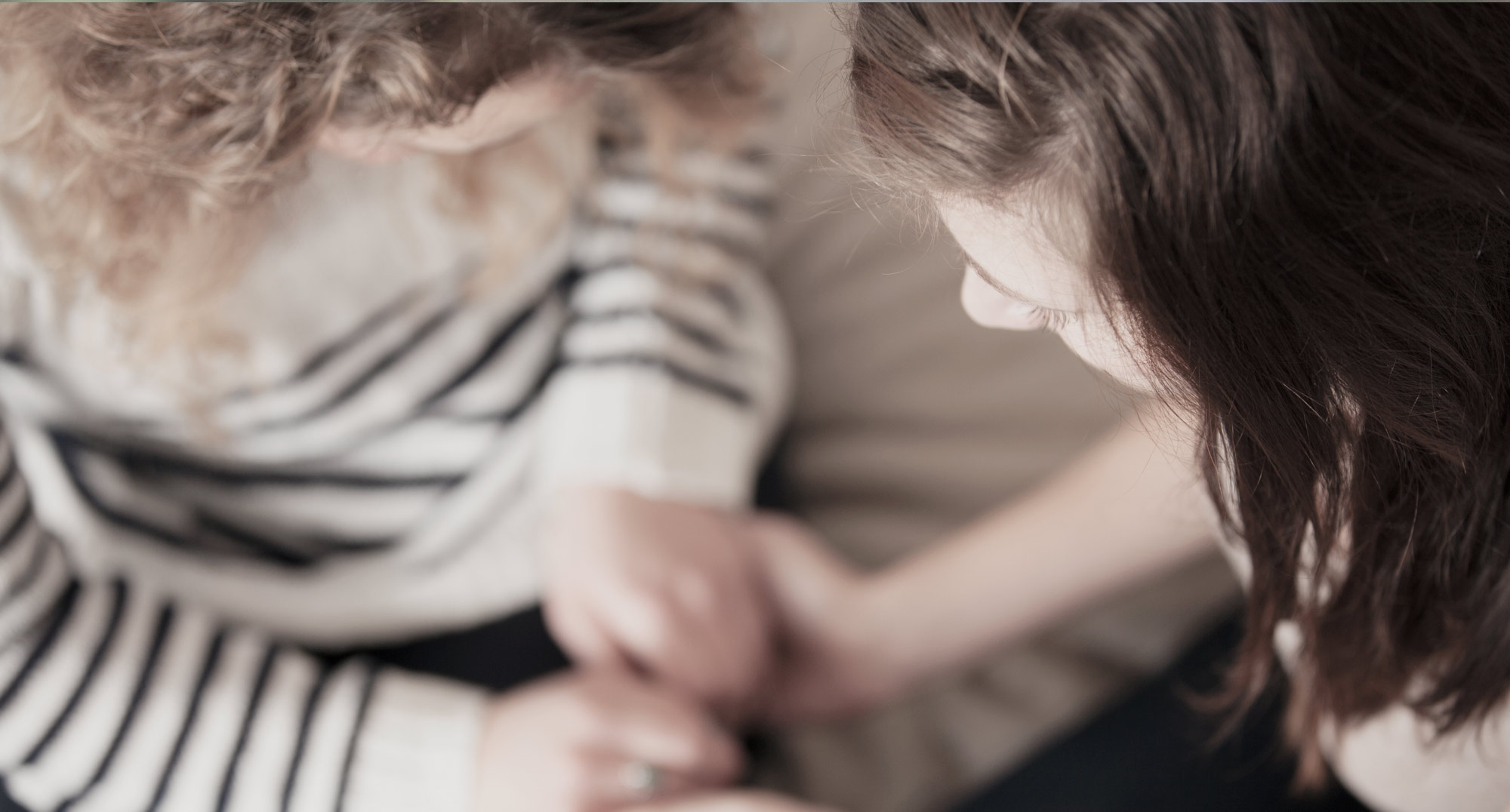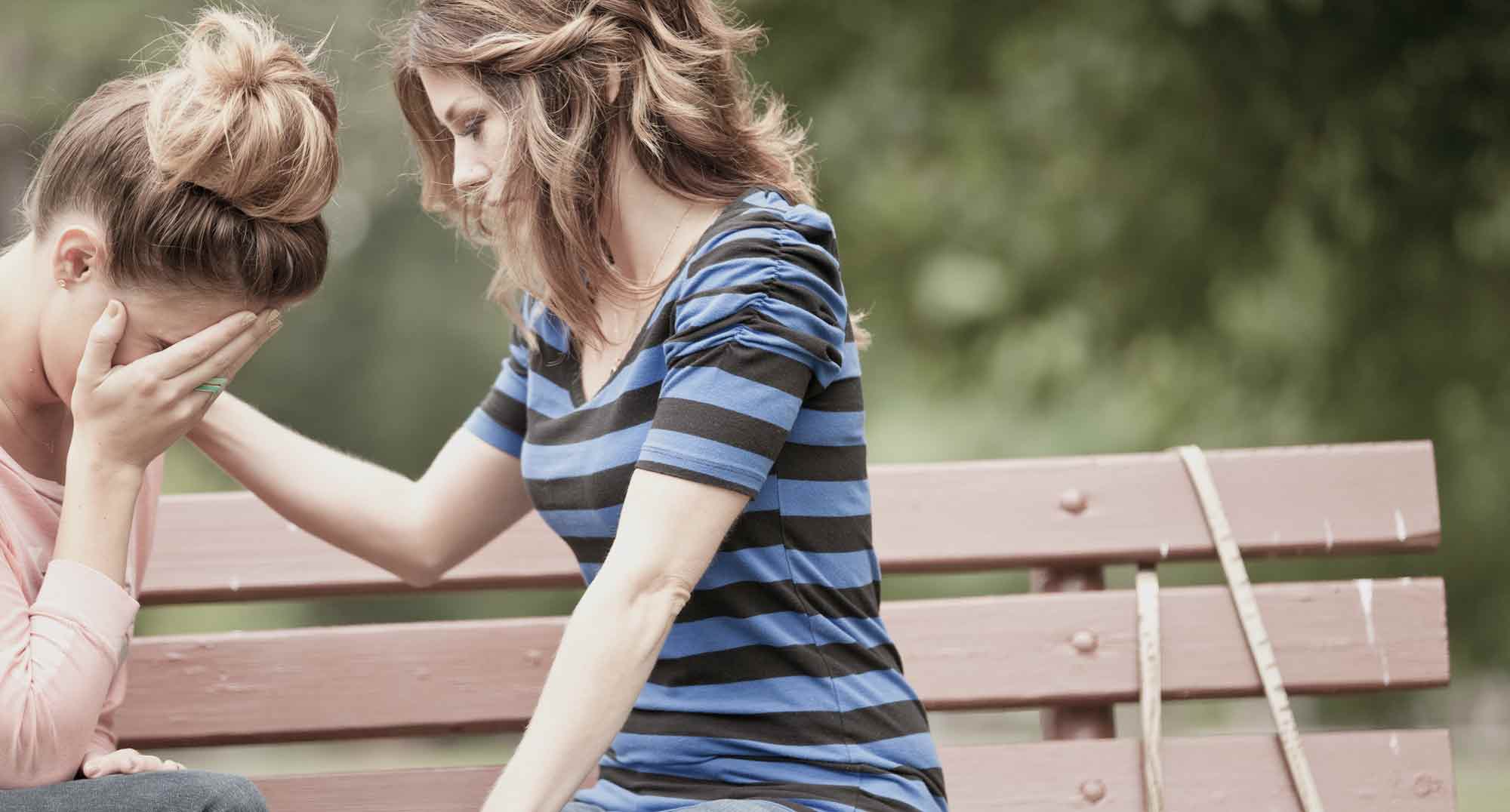Seeing the Unseen Victims of Domestic Violence in Your Church
DARBY STRICKLAND|GUEST Did you know that 25% of married Christian women are being abused by their spouses? How might that change your response when a woman in your church comes up to you seeking marital advice? Victims of abuse need you to be alert to their reality. How might knowing the prevalence of domestic abuse prompt you to engage women in your church differently? I know it is hard to imagine that domestic abuse is so common, let alone that it frequently occurs in your church. And, regardless of how often it is occurring in your church, if there is even one woman in your local church body that is being abused, she needs you to be alert to recognize her situation. Unaware of a Pervasive Problem There are two main reasons we often do not detect the presence of domestic abuse. The first is that marital oppression occurs behind closed doors—it is typically not something we observe happening. Oppressors use coercion and punishment in private to control their spouse, while they manage a carefully crafted image in public. The Bill Cosby and Ravi Zacharias scandals help us to better understand an abuser's ability to deceive those around him. They behaved very differently in public than in private. People who perpetrate abuse are master deceivers. That means there are most likely abusive people in your church that you could never imagine were abusive. Many abusers do not fit the loud, aggressive, out-of-control personality that you might picture in your mind. The second reason why we do not recognize abuse is because the victim does not realize she is being oppressed. I have had hundreds of conversations with victims who themselves struggle to call abusive behaviors sin, let alone abuse. Victims of abuse know that something is wrong, but they often do not know what it is. They worry that they exaggerate, are oversensitive, are ultimately responsible for their spouse's anger, or do not remember things correctly when recounting an intense conflict. Their abuser blames them for how he treats them, and they come to believe the cruel and twisted accusations. Consequently, they live in a fog of confusion created by their oppressor. Because of their inability to comprehend that what they are enduring rises to the level of abuse, when abused women approach other women in the church, they will ask for advice or feedback...





